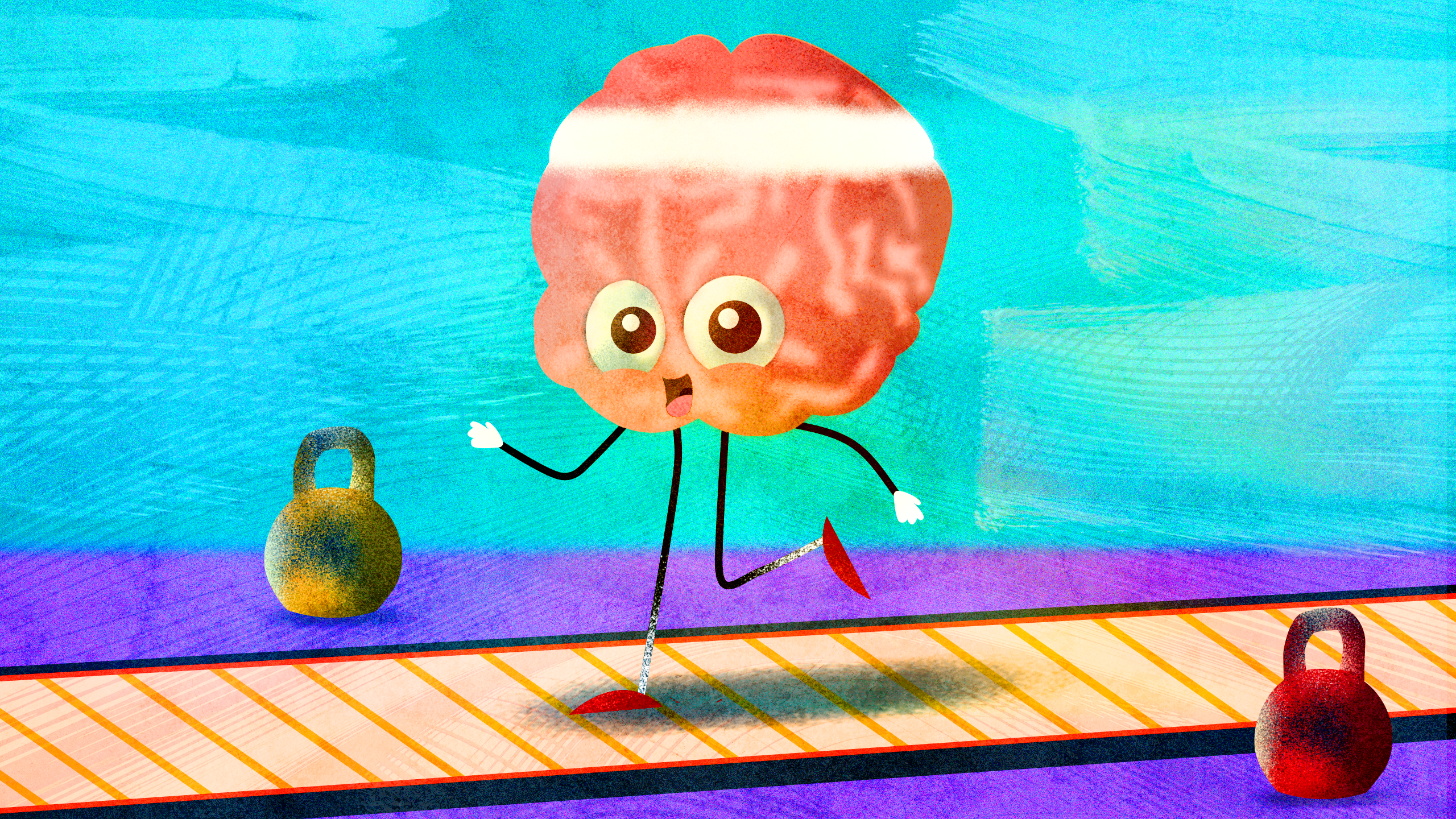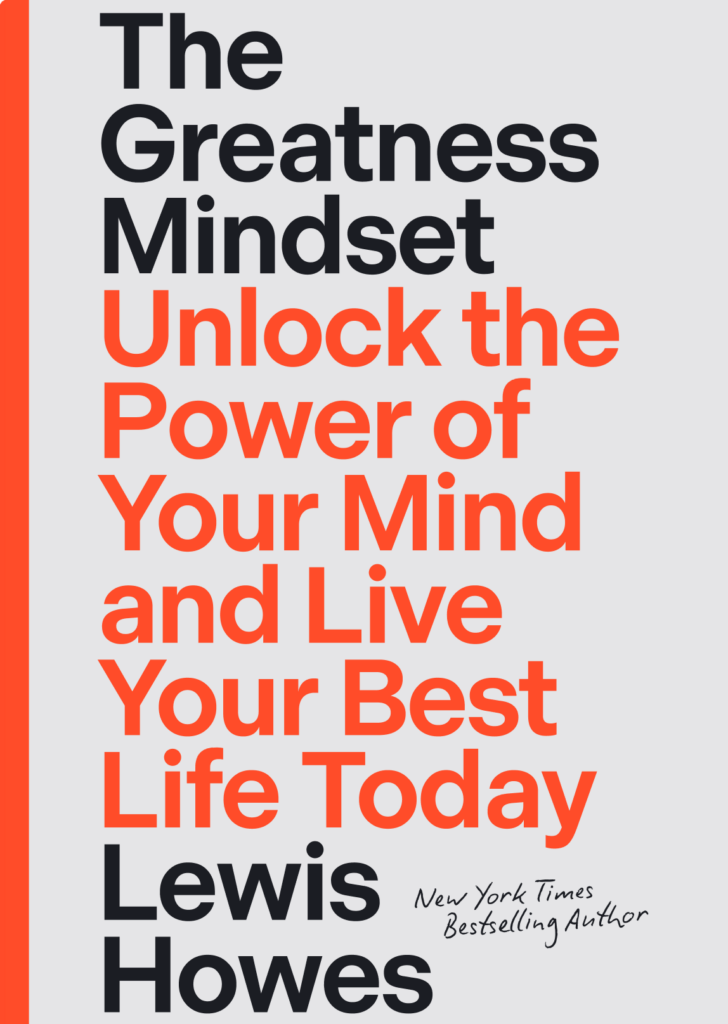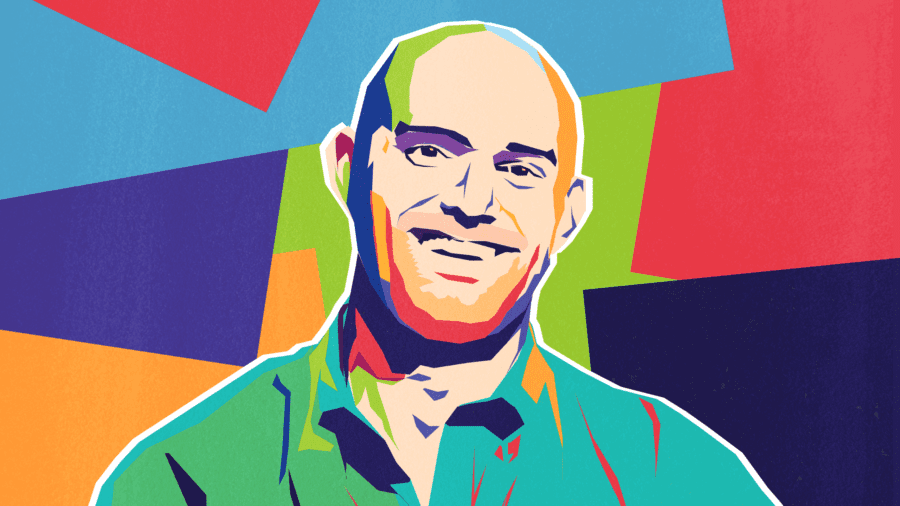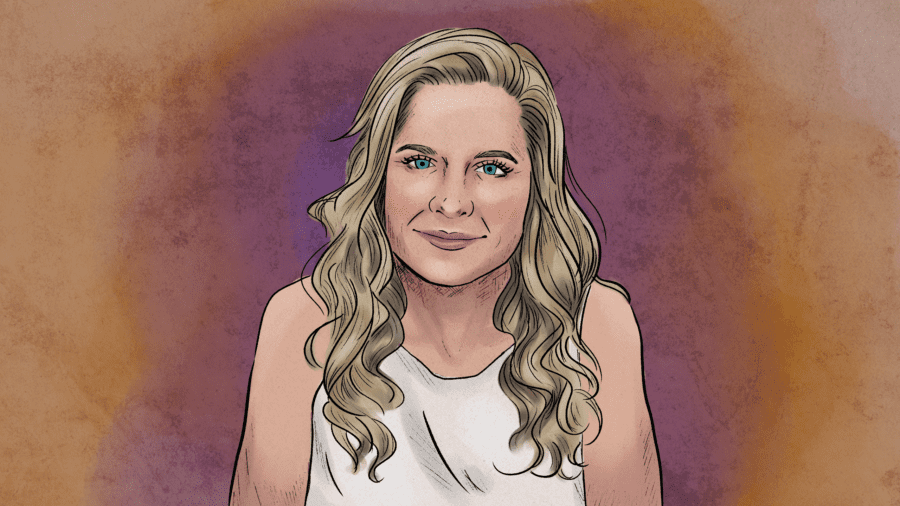
Our Favorite Science-Backed Ways to Exercise Your Intellectual Fitness Daily
These days, many of us are growing increasingly aware of how much power we have to shape our physical, mental, and emotional well-being.
It wasn’t very long ago that many believed genetics ultimately governed our lives, from the prevalence of disease to gifts and talents to our strengths and weaknesses. Many others acknowledged that environment played an equally important or more important role (as in the “nature vs. nurture” argument). Yet, whichever side of the debate we were on, the fact remained that neither genetics nor early childhood environment was in our control.
Nowadays, however, we can see that we do have an incredible ability to shape our lives. When it comes to our intellect and brain health, we have more power than we think via the processes of neuroplasticity and neurogenesis.
The concept of neuroplasticity means that we can literally shape our brains through what we learn, what we choose to think, and the types of behaviors and activities we engage in. While it’s still believed that children have the most potential in this area, studies increasingly show that adults have remarkable brain plasticity, even into old age.
Neuroplasticity is supported by the creation of new cells, known as neurogenesis. There are a number of ways to support neurogenesis, but today we’re going to focus on activities that support neurogenesis through intellectual fitness.
By developing mental agility, flexibility, and openness, we enhance our ability to stay sharp throughout our lifespan, respond mindfully instead of reacting impulsively, and regulate our emotions more successfully. So much of our moods, thoughts, impulses, and behaviors depend on the health of our brains and minds, so it’s essential that we take care of them in order to live our fullest, happiest lives.
In this article, you’ll learn about the power of mental fitness and how to incorporate brain fitness programs into your everyday life and activities. Are you ready to dive in? Let’s get into it!
#1: Train Your Brain and Your Body Together
One of the most powerful things you can do for intellectual fitness is to combine a physical and mental workout. Aerobic exercise is one of the few fitness techniques that has been scientifically shown to increase neurogenesis. Since your brain is already primed to learn while exercising, it’s the ideal time to support it with mental fitness training.
Sports are an excellent way to combine physical and intellectual fitness, as they exercise so many different aspects of learning — memory, foresight, logical and non-logical processes, communication, spatial coordination, and more.
So if you’re looking to grow your intellectual fitness level, join a swim team instead of swimming laps, join the local flag football or soccer league instead of running, or shoot hoops with a friend. Besides being more stimulating mentally, sports are also more dynamic and more social.
However, if sports aren’t your thing, you can also try any number of workouts designed to exercise physical and mental fitness simultaneously, such as an adult Simon Says game. In this game, you can have someone give you commands like “Do eight plus six jumping jacks.” Or try walking while counting backward or doing exercise sets while naming words starting with the same letter.
It doesn’t matter what route you take, choosing to exercise your mind and body together is a win-win!
#2: Consistently Set New Intellectual Goals
Supporting our intellectual health means consistently pushing ourselves, even if slightly, to learn something new. Staying static leads to complacency, while lifelong learning is associated with cognitive health, like preventing dementia.
Plus, when we’re too comfortable, it’s all too easy to default to the path of least resistance. Your thoughts and behaviors will continue to be repetitive if you don’t create and guide them along new neural pathways.
Learning something new will be a little uncomfortable at first, since most of us are in the habit of doing what feels natural and easy. So get used to a little discomfort and try out something new regularly. Here are a few ideas!
- Learn a new language
- Replace T.V. with reading before bed
- Try a new hobby like knitting, crafting, woodworking, or cooking
- Read articles about diverse subjects, like politics, history, or geography
- Pick a country you always see in the news but don’t know about and study it
By doing these activities, not only will you stay mentally fit, but you will expand your mind and your horizons.

The Greatness Mindset
Learn the secrets of some of the greatest minds in the world. Unlock the power of your mind and live your best life today.
Learn More#3: Stay Curious in Your Daily Life
Have you ever noticed yourself heading to the same exact coffee shop, or the same exact restaurant almost on autopilot, oblivious to all of the other options around you? It’s easy to do.
Curiosity is something we usually attribute to kids, since everything is new to them. As adults, this curiosity can seem unattainable, as we may increasingly feel like we’ve seen it all. But it’s healthy to keep a sense of curiosity in our lives. Not only does that make life more enjoyable and fresh, but it will actually support neurogenesis, neuroplasticity, and overall intellectual fitness.
A habit of curiosity can be as simple or as complex as we make it. Introducing a few subtle changes into your everyday life, as well as a few larger changes periodically will make a world of difference. You can try the following:
- Try going a different way to or from work
- Have lunch in a neighborhood you haven’t been to
- Try out new restaurants and cuisines
- Use your non-dominant hand to eat with
- Take a walk, imagining it’s your first day on earth. What do you notice?
- Travel to a different country!
Another way to stay curious is to learn to consciously drop your judgments, assumptions, and biases, and replace them with curiosity. So if you meet someone and automatically assume they’re a certain way, practice dropping that assumption and instead ask questions to get to know them. You may be surprised at who they truly are!
This side of curiosity is an incredibly important practice to have not just for brain health but for human connection, peace, and conflict resolution.
#4: Write a Poem or Take a Crafting Class
Art and creativity are for everyone. There’s absolutely no need to be a creative genius to benefit from making art, whether it’s music, painting, singing, writing, or crafting. Not only does creativity help with emotions and self-expression, it actually helps fuel neurogenesis.
A 2019 study found that older adults, who are traditionally thought to have little plasticity in their brains, had increased plasticity after learning to make music and visual art. So whatever your age, dabbling in artistic expression can help you remain intellectually stimulated, agile, and flexible. Here are some ideas:
- Follow an online painting tutorial
- Try out dance classes such as belly dancing, modern dance, or hip-hop
- Write a poem about your thoughts and feelings
- Play with clay (touching earth will also be very grounding)
- Take up knitting, crocheting, weaving, or cross-stitching
- Make a mandala in the sand at the beach or rocks in the backyard
Remember, the goal isn’t to focus on accomplishment or the final product. It’s the process that helps you expand your mind.
#5: Participate in Mindfulness Practices
By now you’ve probably heard how mindfulness meditation, whether in a sitting or movement practice, can bring more calm, deeper peace, and improved emotional control. But did you know that it can actually change the structure of your brain?
Meditation can increase gray matter in areas responsible for emotional regulation and control, focus, attention, and memory. This is key, since stress hormones, like cortisol, can actually decrease brain matter in those areas when stress is left unchecked.
Meditation-induced structural changes can help you stay alert into old age, support a healthy and positive mood, and help you respond instead of react to difficult stressors.
It doesn’t take hours on a meditation cushion to practice mindfulness. 10 to 15 minutes of meditation a day is great, and you can incorporate mindfulness into everyday activities:
- Go on a mindfulness walk. When your attention wanders, bring your focus back to where you are, as a body, in space. What’s around you? What do you see, hear, etc.
- Practice noticing, at least three times a day, when you go from sitting to standing.
- Eat mindfully — don’t look at any screens. Simply notice what you are eating and how it feels, tastes, smells, etc.
- Notice when you’re forgetting where you are and are lost in thoughts. Bring yourself back to the moment.
Another great way to incorporate mindfulness into daily life is to avoid multitasking. Can you watch a show without scrolling on your screen?
Join In 200 Million+ On The Journey to Greatness
#6: Play Games That Expand Your Brain
It should come as no surprise that a crossword puzzle, Sudoku game, chess match, or other mind-expanding activity will provide more intellectual benefits than passively watching television. Yet packed schedules and stressful days make flopping on the couch with a good show sound much more appealing than a jigsaw puzzle.
But consider the benefits. Sudoku has been shown to keep the mind sharp, crossword puzzles and jigsaw puzzles can help prevent cognitive decline, and improved memory is among the many benefits of playing chess.
Plus, playing mind-consuming games are really handy if you’re an overthinker or someone who has a lot on their minds which, let’s face it, could be any of us these days. Giving your mind something to focus on will do wonders when your worry is escalating out of control. Plus, if you’re the type to scroll while watching a show, you can replace this bad habit with a puzzle (though crocheting and crafting also work well).
#7: Use Affirmations and Visualization
One of the most detrimental ways our well-worn habits affect us is through negative thoughts, beliefs, and expectations.
Have you ever tried to make a positive change, say in how you perceive your gifts and talents, only to be swept away by the momentum of past beliefs? The desire is there, yet somehow the habit — the neural pathways — seem too strong to overcome. It takes effort and diligence not to go down those old paths, no matter how unhappy they make us feel.
Luckily, there are two extremely useful tools to combat these old habits: affirmations and visualization.
Affirmations involve stating phrases that you would like to believe or see about yourself or the world. To achieve the best results with affirmations, you want to use them regularly (every day) and also when your brain is in its most receptive state — during its theta wave state. Try affirmations during the following times:
- When you first wake up in the morning
- While you’re doing mindless chores, like making the bed or doing laundry
- After meditation or prayer
- On a run or while exercising
Visualization is equally powerful. Did you know that when you visualize something, such as a scary scene, your body and brain react as if it’s real? Be mindful of your imagination. Instead of worrying and unconsciously visualizing a negative outcome, proactively picture a positive outcome instead. For example, you can imagine the following:
- A difficult conversation you’re dreading going smoothly
- Hitting every green light and making it to work on time
- Problems resolving peacefully
- How you want your day to look!
It really is that simple. You have the power to create new ways of being and new neural pathways by choosing to take control of your thoughts and expectations. Once you start seeing the power you have, you may never look at life the same way again!
You Have the Power to Shape Your Mind
Without a healthy mind, it’s hard to live life to the fullest. Luckily, you have the power to shape your brain, exercise your intellect, and stay fit mentally. Physical exercise, games like crossword puzzles and Sudoku, regular learning, and being creative can all help your intellectual health.
Being mindful, savoring the moment, and being curious is enjoyable and nourishing to the soul, and they help your brain stay flexible. You can also use affirmations and visualization to create new neural pathways in your brain, so you can continuously expand beyond what you thought you were capable of.
It’s up to you to make the most of your precious life, your precious body, and your precious mind. Cheers to doing just that, and cheers to greatness!
Greatness Authors
Greatness Authors is a collection of writers, thinkers, curiosity experts, and students of the world who are committed to bringing you the most up-to-date, impactful, and inspiring information surrounding Greatness topics.

Redefining Poetry: How Instagram Sensation Rupi Kaur Showed That Poetry Is for Everyone

The 7 Best Vitamins to Naturally Promote Better, Uninterrupted Sleep According to Shawn Stevenson

The Science of Forming Healthy Habits & Letting Go of Bad Ones, According to Author James Clear

9 Signs You Have Imposter Syndrome at Work and How to Overcome Performance Insecurity

Olympian Yusra Mardini’s Incredible Story of Resilience, Rescue, and Refugee Rights










